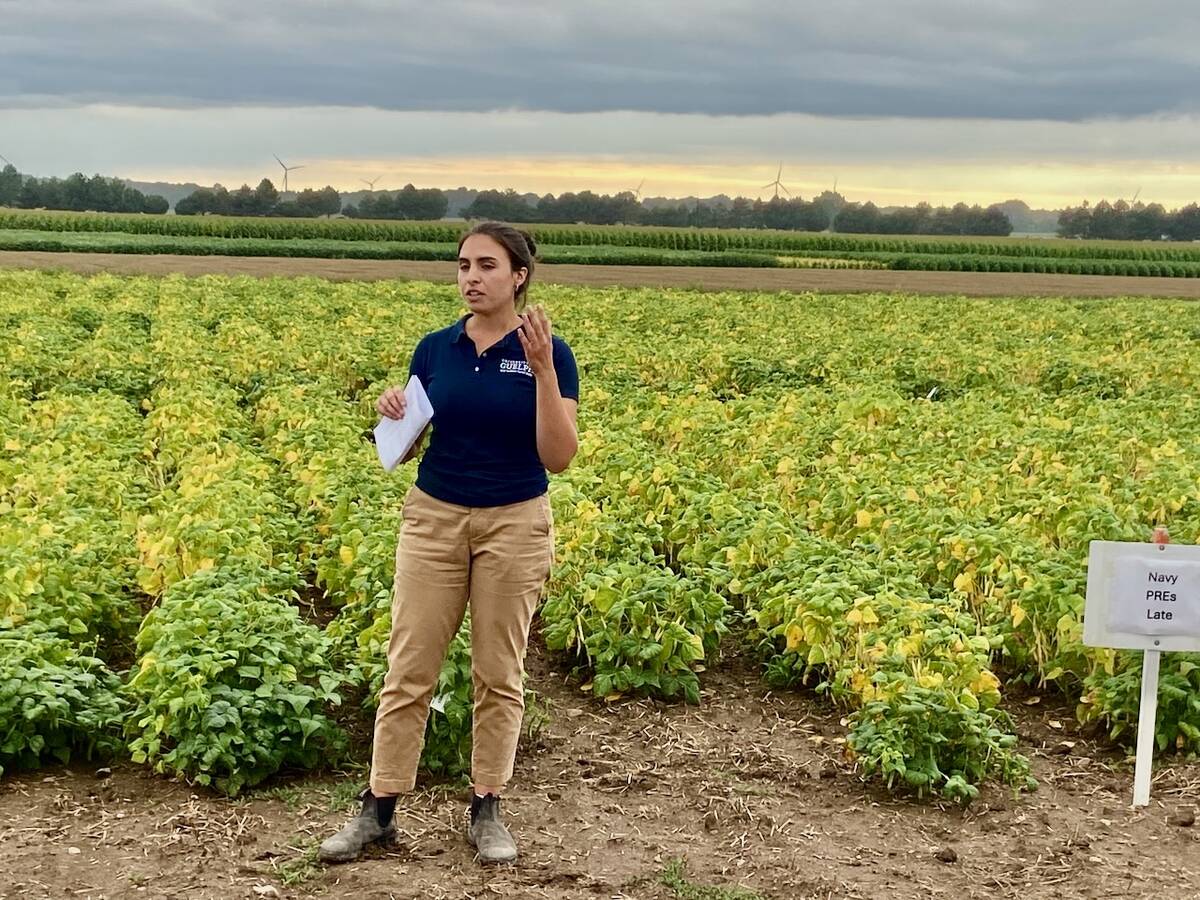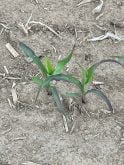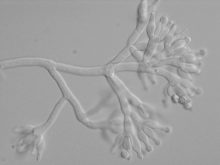The research support infrastructure surrounding Ontario’s edible bean industry is improving, after a spate of retirements brought the future of bean research into question.
Why it matters: Edible beans are a high value crop for many farmers and provide income for small and large marketers of the pulse crop.
The sector, which includes production of white, black, adzuki, cranberry, kidney and other types of pulses, has benefitted from leading researchers, mostly based at the University of Guelph’s Ridgetown campus.
Read Also

The forced Japanese-Canadian farmers of the Second World War
Manitoba’s sugar beet farms drew on displaced Japanese-Canadians from B.C. during the Second World War
But retirements and concerns about the future of staffing at the Huron Research Station, where much of the edible bean research is conducted, caused anxiety and public lobbying by the Ontario Bean Growers. The organization also contracted research with BlackCreek Research, a private agricultural research company to help fill in some of the gaps.
There was a different attitude at the bean growers’ annual research day this year at the Huron Research Station near Centralia, with praise for the University of Guelph’s Ontario Agricultural College and the new researchers hired and being hired for edible bean research. Edible beans are often also referred to as dry beans.
Mike Donnelly-Vanderloo, a former board member who has long been involved in edible bean research said a few years ago it was a despondent group, with long-time herbicide researcher Peter Sikkema retiring, understaffing at the Huron Research Station, and then leading edible bean researcher Chris Gillard also announced he was retiring.
Peter Pauls, the long-time bean breeder at the University of Guelph, also had retired.
Like many former professors, the researchers continue to be involved in the industry, but at a lower level of activity
“We were sitting in a restaurant in Ridgetown, and we were looking at all the changes that had happened within a relatively short time,” said Donnelly-Vanderloo. “And you could just see the room was sort of deflated. The continuity of our research was in question.”
For the first time in many years neither Sikkema, nor Gillard were at the research day at the Huron Research Station in August, but there were new faces talking about herbicide research and bean breeding.
Isabelle Aicklen, with a doctorate in plant agriculture from Guelph, is now in place as the assistant professor of field crop weed management at the Ridgetown campus, conducting research similar to that of Sikkema.
She talked about nine trials she’s working on for edible bean growers, including several on desiccation products and two-pass weed control in white beans, but cautioned that they were all in their first year of trial.
Jamie Payton, the board chair of the Ontario Bean Growers said that four candidates were being interviewed to replace Gillard’s work at Ridgetown.
Ted Vanhie, announced as the new technical foreperson for the Huron Research Station in May, also talked about the research being done there and provided technical backup for some of the other speakers on edible beans.
In the meantime, the Ontario Bean Growers contracted BlackCreek to conduct trials on white mould, the potential use of older chemistries and a desiccant.
A study of dinitroaniline weed control, which includes products like Treflan and Prowl showed subtle differences in white mould control, said Donnelly-Vanderloo.
Between herbicide resistance and concerns in Europe about other herbicides, “we might have to start relying on these old herbicides again,” he said.
On the bean breeding side, the University of Guelph’s new bean breeder, Mohsen Yoosefzadeh-Najafabadi, who has been in the position about a year sayidthat Ontario is a leader in edible bean research and that’s led to a doubling of yield since the 1980s.
He’s working to continue the work of Peter Pauls, and the rest of the bean breeding tradition at Guelph, but he said he also brings an interest in computational biology and is moving quickly to use artificial intelligence in his work.
The renewed support capacity for edible bean growers in Ontario had Payton thanking the University of Guelph and Ontario Agricultural College Dean John Cranfield, who attended the research day, after having some critical words in past years about the speed of renewal of the roles.
“I’m up here and I feel so much enthusiasm,” said Donnelly-Vanderloo.















